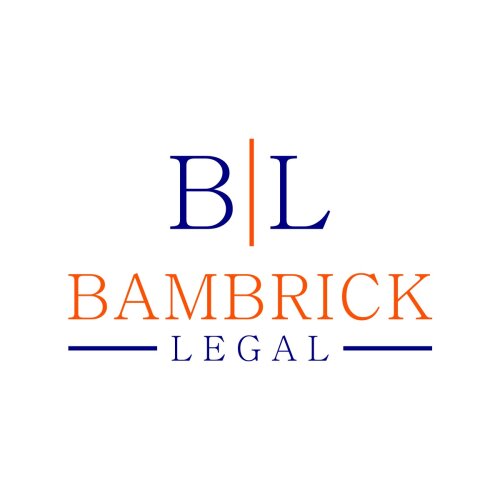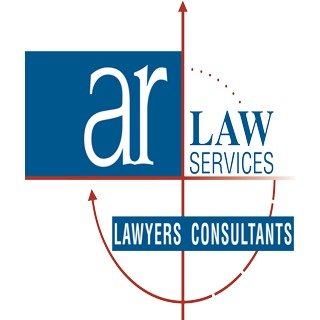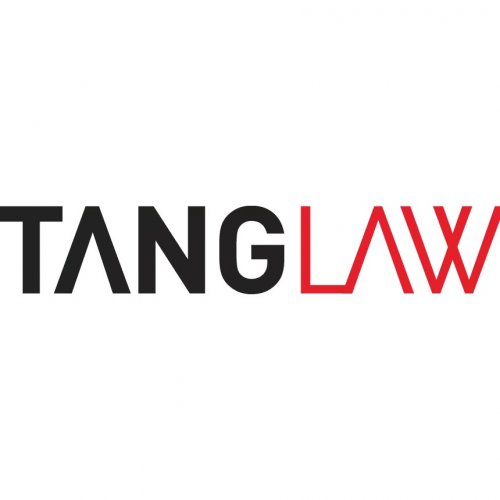Best Labor Law Lawyers in Australia
Share your needs with us, get contacted by law firms.
Free. Takes 2 min.
Or refine your search by selecting a city:
List of the best lawyers in Australia
About Labor Law in Australia
Labor law in Australia is designed to regulate the relationship between employers and employees, ensuring fair treatment, safe working conditions, and protection of worker rights. Australian labor law is governed by both federal and state legislation, with the Fair Work Act 2009 being the primary federal law. This act sets out minimum employment standards, collective bargaining frameworks, workplace conditions, and rights to fair treatment and workplace safety.
Why You May Need a Lawyer
There are several situations in which individuals may require legal assistance in the field of labor law. Common scenarios include:
- Unfair dismissal claims or termination disputes.
- Negotiating or drafting employment contracts.
- Issues related to workplace discrimination or harassment.
- Claims for unpaid wages or entitlements.
- Understanding legal rights and obligations in case of redundancy.
- Navigating collective bargaining or union-related matters.
Lawyers can provide expert advice, represent individuals in legal proceedings, and mediate between parties to reach fair resolutions in labor disputes.
Local Laws Overview
Australia has a comprehensive framework of labor laws designed to protect workers. Key aspects include:
- National Employment Standards (NES): A set of 11 minimum employment entitlements that must be provided to all employees.
- Award System: Industry-specific documents that outline minimum pay rates and conditions for workers in certain sectors.
- Enterprise Agreements: Collective agreements made at the workplace level between employers and employees regarding terms and conditions of employment.
- Workplace Safety and Health: Laws that ensure safe work environments, particularly outlined under the Work Health and Safety Act.
- Anti-Discrimination Laws: Legislation that prohibits workplace discrimination based on factors such as race, gender, and age.
Frequently Asked Questions
What is the Fair Work Act?
The Fair Work Act 2009 is Australia’s primary piece of legislation that governs employment relationships, setting standards for wages, work conditions, and employee rights.
What are National Employment Standards (NES)?
The NES are a set of 11 minimum employment entitlements that apply to employees in the national workplace relations system. These include maximum weekly hours, public holidays, and notice of termination.
What is an Award?
An Award is a document that outlines the minimum terms and conditions of employment for a particular industry or occupation, including pay rates and working conditions.
How do I know if I'm being paid fairly?
To determine if you are being paid fairly, you should compare your wage against the applicable Award rate, enterprise agreement, or national minimum wage. You can also consult the Fair Work Ombudsman for guidance.
What is unfair dismissal?
Unfair dismissal occurs when an employee is terminated from their job in a harsh, unjust, or unreasonable manner. Employees may be entitled to seek remedies through the Fair Work Commission.
How can I report workplace harassment or discrimination?
Workplace harassment or discrimination can be reported to your employer, HR department, or relevant state or federal bodies like the Fair Work Ombudsman or Australian Human Rights Commission.
What is the role of the Fair Work Commission?
The Fair Work Commission is Australia’s national workplace relations tribunal. It handles disputes, sets industrial awards, and approves enterprise agreements.
Can I negotiate my employment contract?
Yes, you can negotiate your employment contract. It is advisable to seek legal advice to ensure the terms are fair and in compliance with relevant laws.
What are redundancy entitlements?
Redundancy entitlements refer to payments and benefits employees receive when their positions become redundant, which typically include a severance package and notice period.
Can employment terms differ by state?
Yes, while federal laws provide a baseline, there can also be state-specific laws and regulations that may affect certain employment terms or conditions.
Additional Resources
Several resources and organizations can provide assistance and information regarding labor law in Australia:
- Fair Work Ombudsman: Offers information and advice about workplace rights and obligations.
- Fair Work Commission: Responsible for maintaining a fair and productive workplace.
- Australian Human Rights Commission: Deals with issues related to workplace discrimination.
- Safe Work Australia: Provides resources on maintaining safe working environments.
- Law Access: A not-for-profit service that provides free legal information and referrals.
Next Steps
If you require legal assistance in labor law, consider taking the following steps:
- Identify Your Issue: Clearly define the problem or conflict you are experiencing in the workplace.
- Gather Evidence: Collect relevant documents, emails, or other records that support your case.
- Consult with a Lawyer: Seek professional legal advice to understand your rights and options. Many lawyers or legal services offer a free initial consultation.
- Explore Dispute Resolution: Consider mediation or alternative dispute resolution methods if legal proceedings can be avoided.
- File a Claim: If necessary, be prepared to file a claim with the appropriate body, such as the Fair Work Commission.
Lawzana helps you find the best lawyers and law firms in Australia through a curated and pre-screened list of qualified legal professionals. Our platform offers rankings and detailed profiles of attorneys and law firms, allowing you to compare based on practice areas, including Labor Law, experience, and client feedback.
Each profile includes a description of the firm's areas of practice, client reviews, team members and partners, year of establishment, spoken languages, office locations, contact information, social media presence, and any published articles or resources. Most firms on our platform speak English and are experienced in both local and international legal matters.
Get a quote from top-rated law firms in Australia — quickly, securely, and without unnecessary hassle.
Disclaimer:
The information provided on this page is for general informational purposes only and does not constitute legal advice. While we strive to ensure the accuracy and relevance of the content, legal information may change over time, and interpretations of the law can vary. You should always consult with a qualified legal professional for advice specific to your situation.
We disclaim all liability for actions taken or not taken based on the content of this page. If you believe any information is incorrect or outdated, please contact us, and we will review and update it where appropriate.
Browse labor law law firms by city in Australia
Refine your search by selecting a city.

















